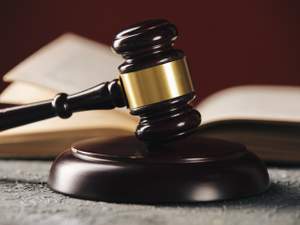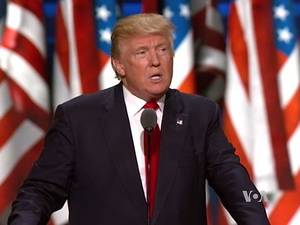Test your knowledge - and maybe learn something along the way.
TAKE THE QUIZTrending: ‘coup’
Lookups spiked 3,200% on October 2, 2019
Coup was among our top lookups on October 2nd, 2019, after President Trump asserted on Twitter that the investigations of his administration amounted to such.
President Trump claimed he was a victim of a coup d’etat on Tuesday night, continuing his dramatic rhetoric that has drawn fierce pushback from legal scholars and Democrats since the House impeachment inquiry began last week. “As I learn more and more each day,” he wrote on Twitter, “I am coming to the conclusion that what is taking place is not an impeachment, it is a COUP, intended to take away the Power of the People, their VOTE, their Freedoms, their Second Amendment, Religion, Military, Border Wall, and their God-given rights as a Citizen of the United States of America!”
— Meagan Flynn, The Washington Post, 2 Oct. 2019
We define coup in two ways: "a brilliant, sudden, and usually highly successful stroke or act" (not the sense intended by Trump, presumably) and as a shortened form of coup d'état (we think this is the one he meant). A coup d'état is "a sudden decisive exercise of force in politics; especially the violent overthrow or alteration of an existing government by a small group."
Coup comes from the French, in which it means "blow" or "stroke." The literal meaning, in French, of coup d'état is "stroke of state."
If you opt for the shortened form there is little variety in form to trouble you. However, should you wish to employ the longer there are multiple options; it is commonly found both with and without the accent mark (coup d'etat), and each of these spellings may be pluralized by adding an s to the coup or to the d'etat.
...for otherwise he could not have found the least difficulty or opposition, had he undertaken to stifle the upstart Doctrine in its infancy, and in the year 1521, had seiz'd upon Luther at Worms, which might have past for an excellent Coup d'etat.
— Samuel Puffendorff, The history of popedom (trans. by J. C.), 1691
Trend Watch is a data-driven report on words people are looking up at much higher search rates than normal. While most trends can be traced back to the news or popular culture, our focus is on the lookup data rather than the events themselves.








